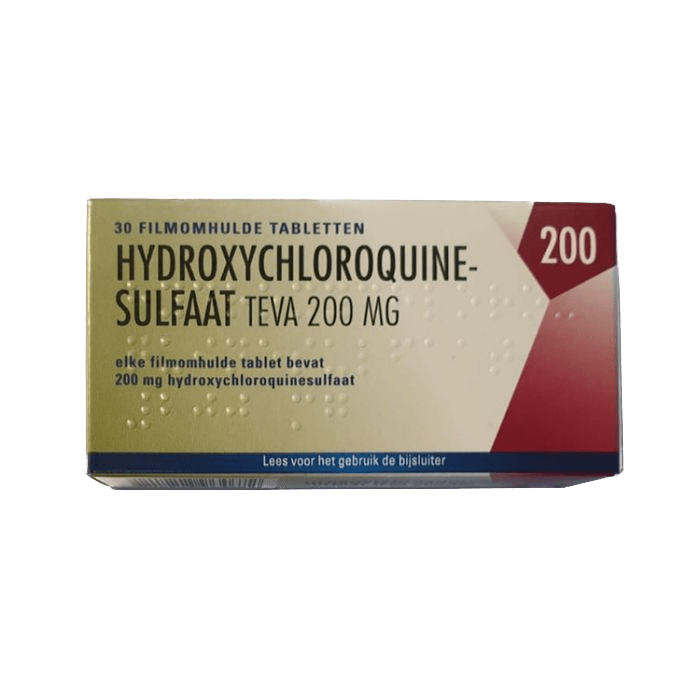ANTI MALARIA
Malaria, a life-threatening disease caused by parasites, is transmitted to humans through the bites of infected mosquitoes. It poses a significant threat to health and mortality, especially in developing nations, particularly sub-Saharan Africa.
To prevent malaria, there are various medications available for prophylaxis, which is the preventive treatment. These medications can be taken before, during, and after traveling to regions where malaria is prevalent, reducing the risk of contracting the disease. It's crucial to note that prophylaxis should be complemented by other preventive measures like using insect repellents and sleeping under mosquito nets to effectively minimize the transmission of malaria.
Chloroquine is widely used as a medication for malaria prophylaxis. It is an affordable and effective option in specific regions such as Central America, the Caribbean, and certain parts of Asia. However, its effectiveness is limited in areas where some strains of malaria have developed resistance to the drug.
Mefloquine is another commonly prescribed medication for malaria prophylaxis. It offers effectiveness across a broad range of areas and is typically taken once a week. However, it may cause side effects such as dizziness, nausea, and anxiety in certain individuals.
Proguanil, often combined with atovaquone and marketed as Malarone, is an alternative choice for malaria prophylaxis. This medication is generally effective in most parts of the world and is well-tolerated by most individuals. However, it may lead to side effects like stomach pain and diarrhea.
Doxycycline is another medication that is commonly used for malaria prophylaxis. It is effective in most areas of the world and is taken daily. However, it can cause side effects such as nausea, upset stomach, and sensitivity to sunlight.
Primaquine is another viable option for malaria prophylaxis. This medication is specifically effective in preventing a particular type of malaria called Plasmodium vivax, which has the tendency to cause relapses even after initial treatment. While primaquine is generally well-tolerated, it can potentially induce side effects like nausea, stomach pain, and dizziness.
Before initiating any medication for malaria prophylaxis, it is crucial to consult with a healthcare provider. The appropriate medication and dosage will depend on factors such as the specific travel destination, an individual's medical history, and other relevant considerations. It is equally important to adhere to the prescribed dosing schedule and complete the full course of treatment to effectively prevent malaria.
To summarize, various medications, including chloroquine, mefloquine, proguanil, doxycycline, and primaquine, are utilized for malaria prophylaxis. Seeking guidance from a healthcare provider and strictly adhering to the prescribed treatment regimen are pivotal steps in effectively preventing this potentially life-threatening disease.

